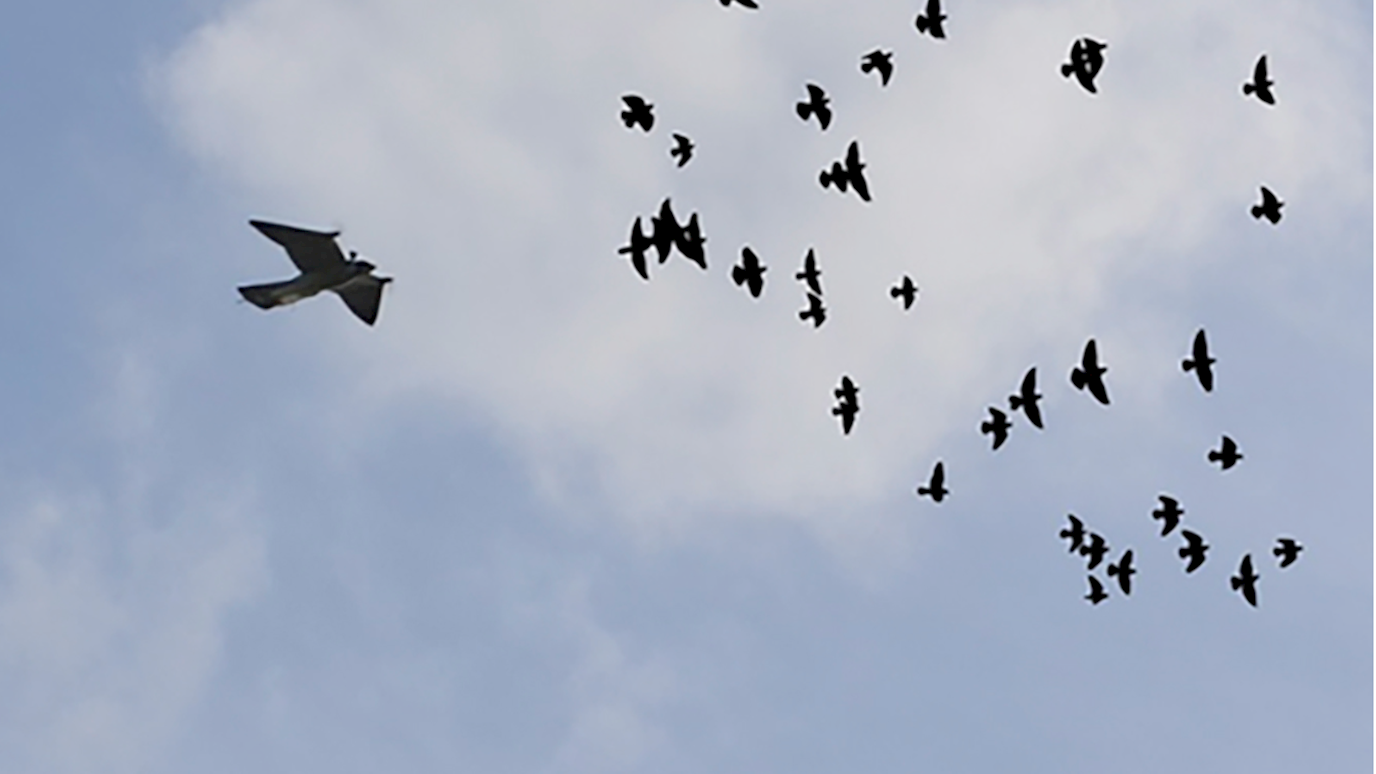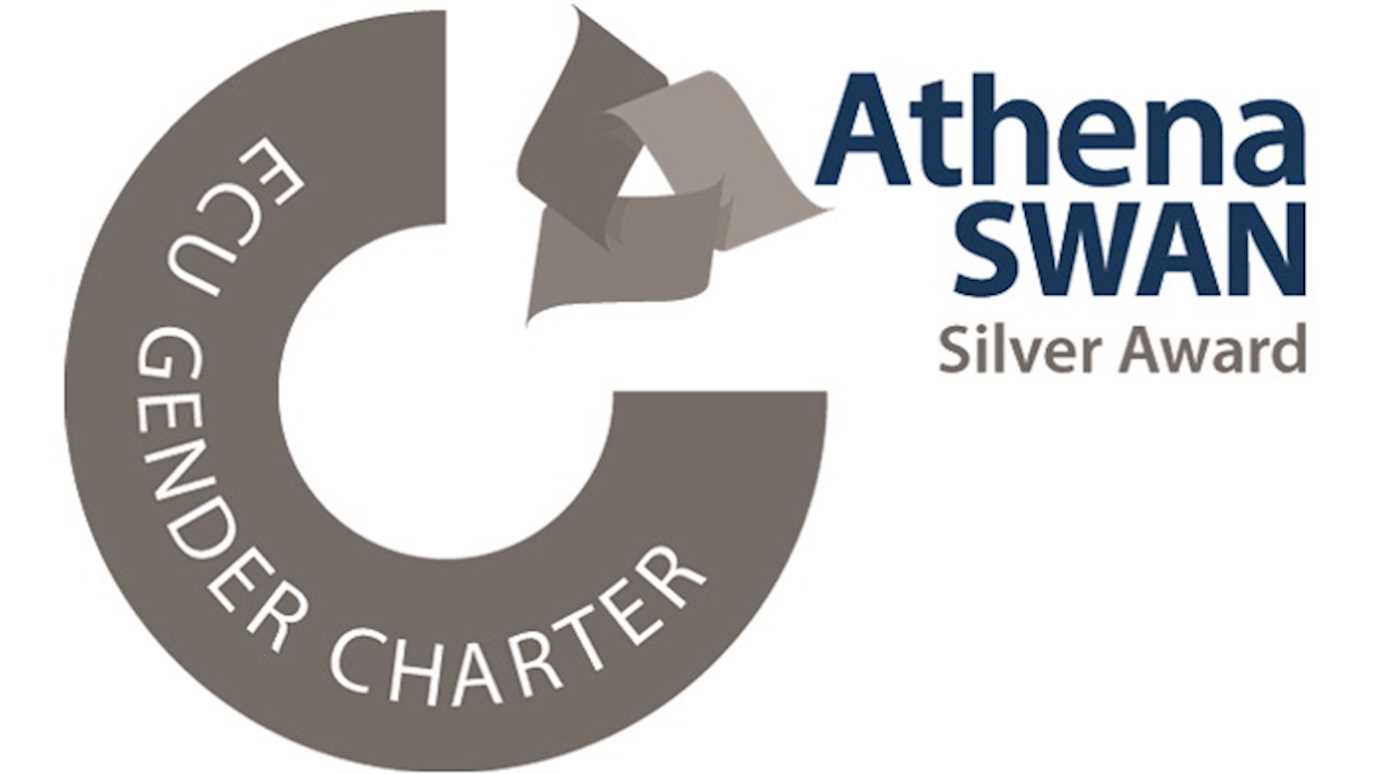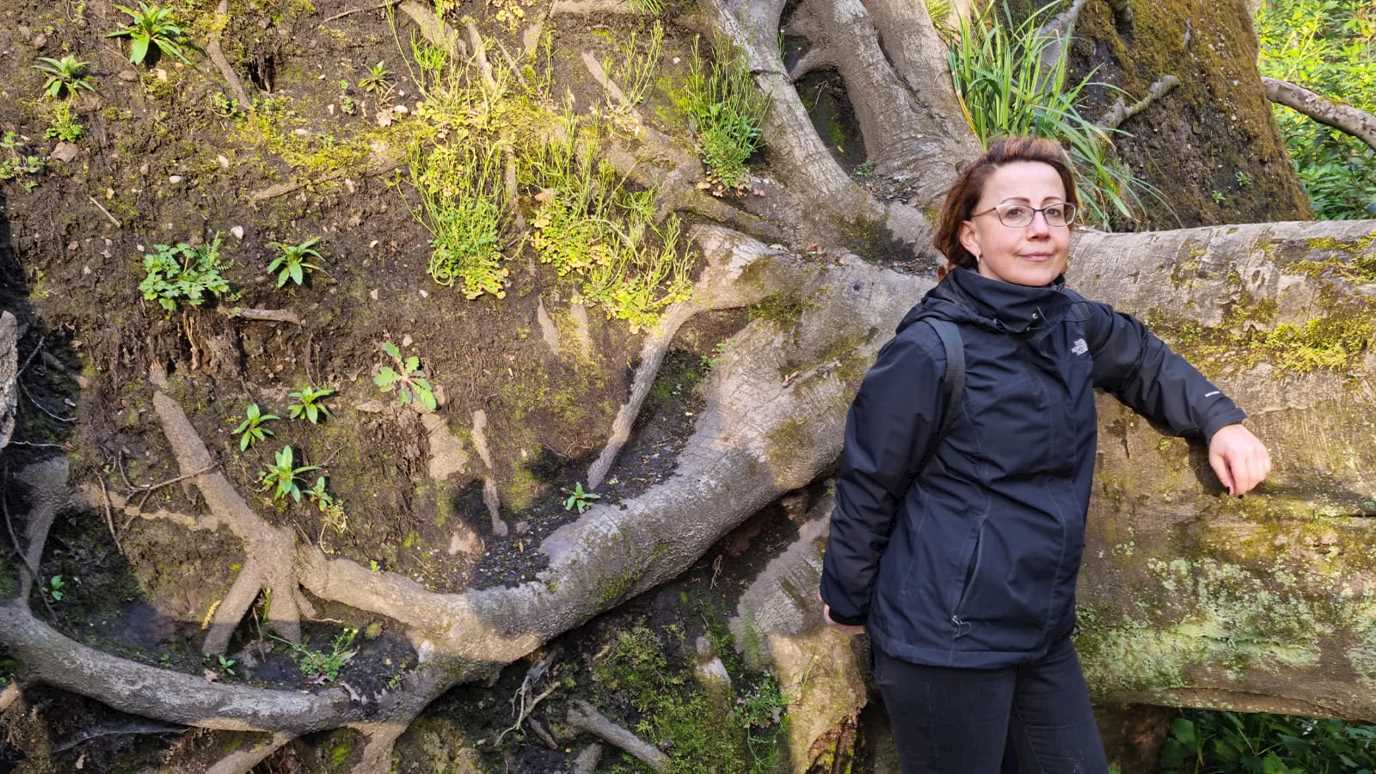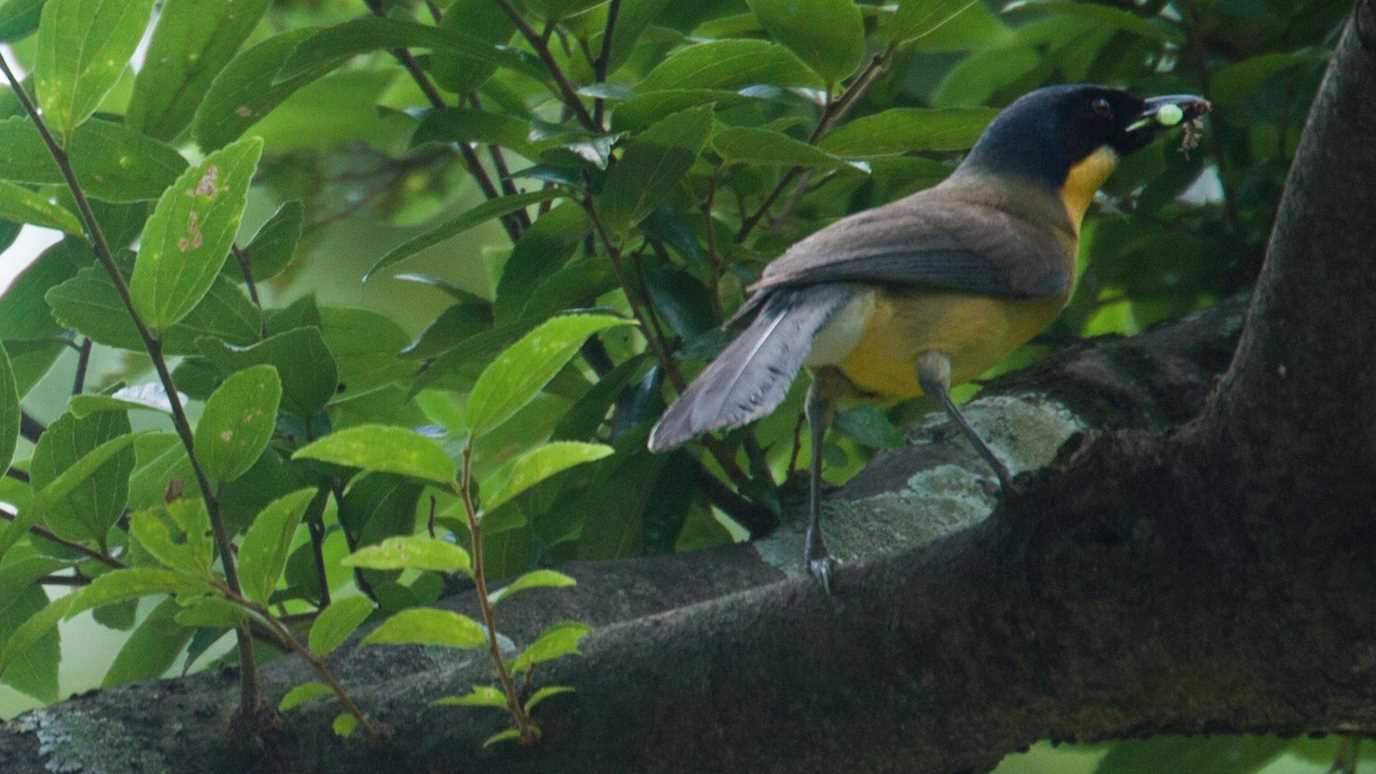A new study of pigeons has revealed that they flock together in the presence of predators for the collective benefit, rather than for selfish interest. This is in stark contrast to the long-held ‘selfish herd’ theory that animal movements in herds are determined by self-preservation alone.

The research provides promising evidence that the RoboFalcon could be an effective safety resource at airports.
The research from Royal Holloway, University of London reveals that rather than seeking safety in numbers or moving to a safer, central position, pigeons’ collective movements suggest a collaborative group effort to prevent a predator attack from claiming a single victim from their flock.
Using a robotic peregrine falcon, known as RoboFalcon, as a controlled predator among test groups of small and large flocks of homing pigeons, researchers were able to track the pigeon flocks’ movements and adjustments in the presence of danger. Observations revealed that the GPS-tagged pigeons did not adjust their flight patterns to fly nearer the centre of the group: a traditional display of selfish individual behaviour.
Instead, the pigeons all aligned with one-another away from the direction of danger, demonstrating a form of cooperation in the face of attack. This new research suggests that pigeons align in the same direction to increase the flock’s chances of the whole group escaping with no individual getting caught. These behaviours showed no significant changes between different sizes of flocks.
Daniel Sankey, lead researcher, formerly of the Department of Biological Sciences at Royal Holloway, said: “The ‘selfish-herd’ theory assumes at least one individual will be eaten. But we know this is not always true; many predator strikes end in failure. Therefore, there is an opportunity for the evolution of behavioural mechanisms which promote collective escape. We believe our finding will showcase the importance of cooperative escape mechanisms in many fleeing groups, from herding mammals to shoaling fish.”
Unlike V-formation bird flocks, which can benefit from improved aerodynamics and energy savers, flying in a flock has been shown to increase a pigeon’s work rate by 18%. This suggests that pigeons are willing to risk the increased exertion from flying alone, due to the benefits of flying in a flock in the face of danger.
The ‘selfish herd’ hypothesis was first popularised in W.D. Hamilton’s Geometry for the selfish herd (1971), and posited that individuals in selfish herds benefit by reducing their own risk at the expense of their neighbours by moving towards the centre of a group.
The data presented in this study forms part of a larger ethical project to determine the value of the RoboFalcon as a bird deterrent at airfields, and ultimately reduce collisions with airplanes. The research provides promising evidence that the RoboFalcon could be an effective safety resource at airports.
























